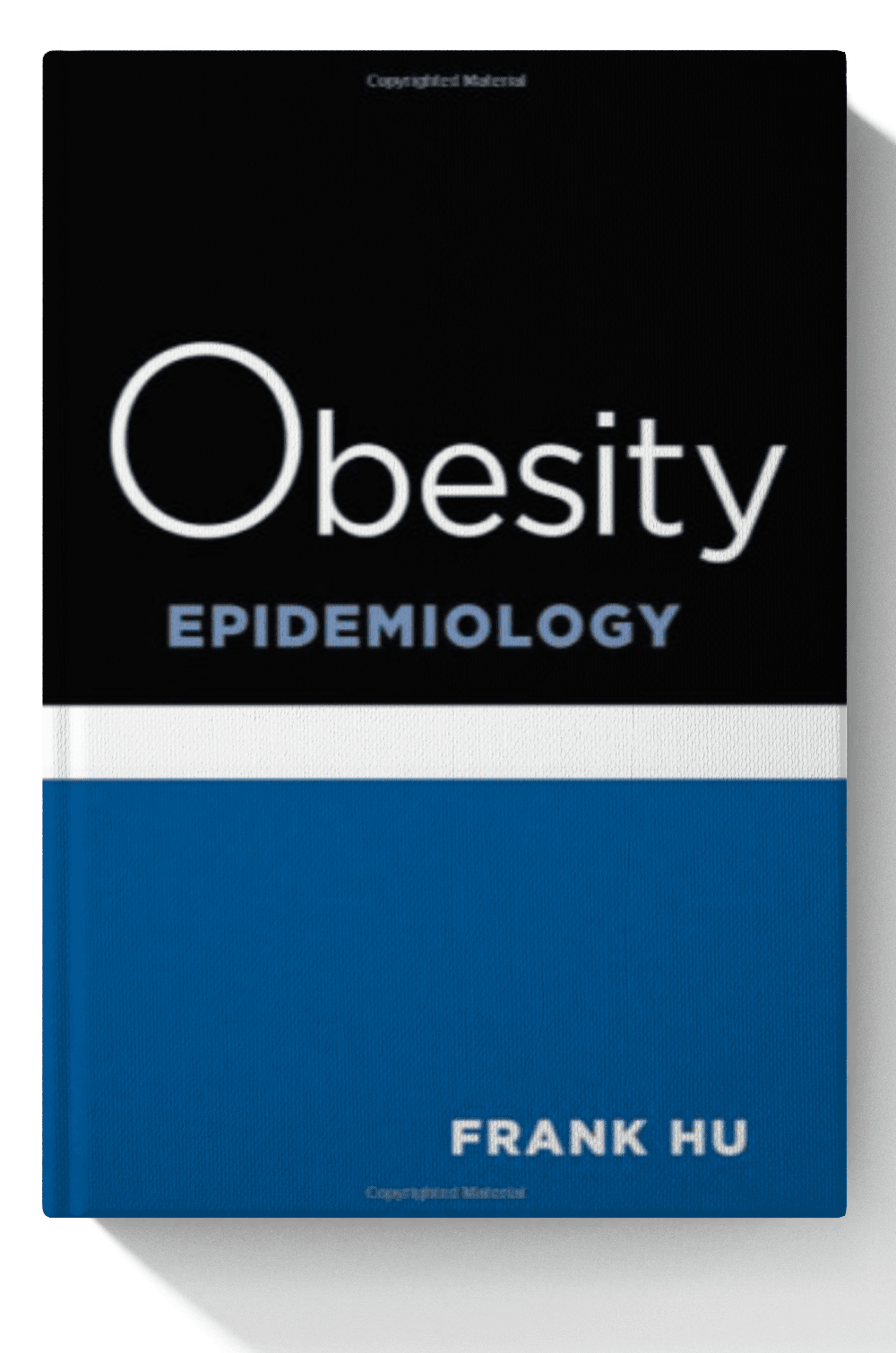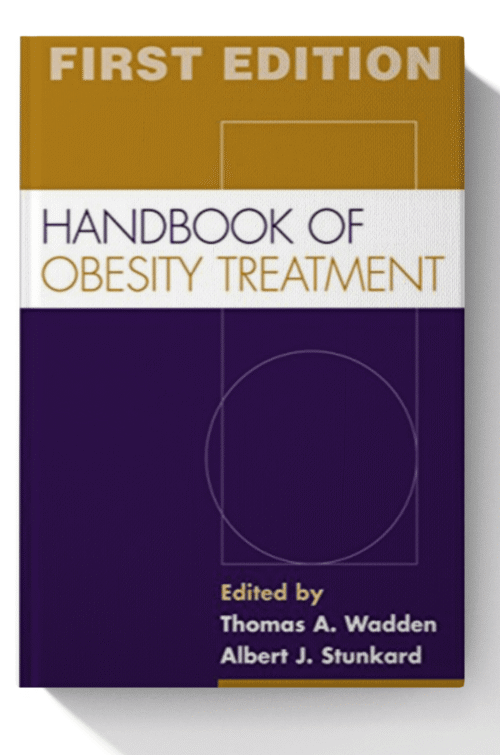The obesity epidemic has doubled in prevalence since 1980—now affecting 30% of U.S. adults—making it one of the most pressing public health challenges of our time. This essential textbook provides a rigorous, methodical approach to studying obesity through an epidemiologic lens, equipping researchers and practitioners with the tools to measure, analyze, and intervene effectively.
Why This Book?
- Comprehensive & Authoritative – Combines Dr. Frank Hu’s expertise (Harvard School of Public Health) with contributions from leading specialists
- Structured for Learning – Four systematic sections build from basic concepts to advanced analysis
- Practical Applications – Ideal for graduate students, epidemiologists, and public health professionals tackling obesity-related research
Key Sections & Coverage
- Foundations of Obesity Epidemiology
- Defining and measuring obesity (BMI, waist circumference, biomarkers)
- Study designs: cohort, case-control, and cross-sectional approaches
2. Consequences of Obesity
- Cardiometabolic risks: Heart disease, stroke, and type 2 diabetes
- Cancer epidemiology: Obesity’s role in breast, colorectal, and other cancers
3. Determinants & Risk Factors
- Behavioral: Diet, physical activity, sedentary behavior, sleep disorders
- Behavioral: Diet, physical activity, sedentary behavior, sleep disorders
- Environmental: Food access, urban design, socioeconomic factors
- Biological: Genetic predispositions, epigenetic influences, intrauterine exposures
4. Analytical Challenges & Emerging Directions
- Bias and confounding in obesity research
- Novel methodologies (machine learning, big data applications)
- Policy implications and translational epidemiology
Features for Enhanced Learning
- Data visualizations – Graphs, tables, and conceptual diagrams
- Case examples – Real-world epidemiologic studies deconstructed
- Chapter summaries – Key takeaways for quick review
- Extensive references – Grounded in CDC, WHO, and NIH research




